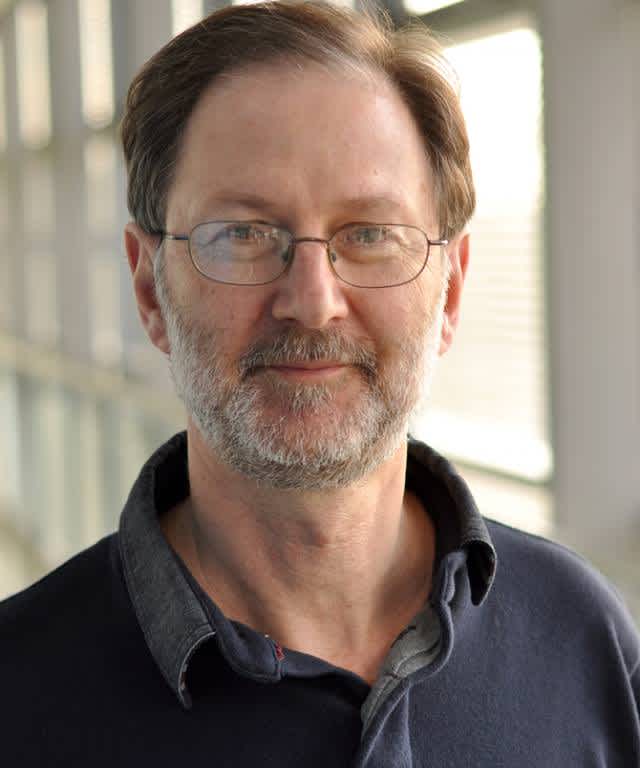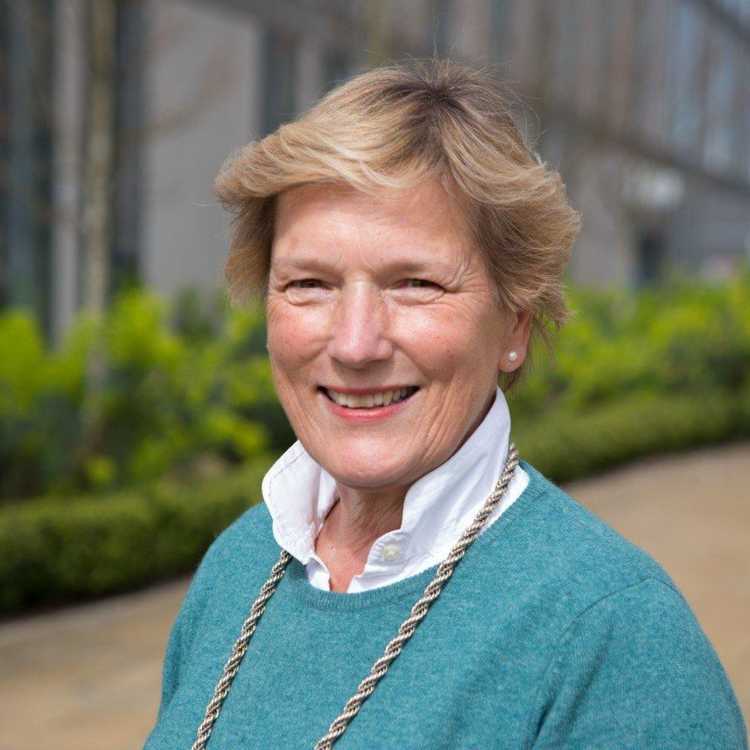Assistive Technology Localisation Framework
This project looked at the feasibility of developing a framework for localising assistive technologies and also online technologies that disabled users may find difficult to access.
The Localisation Research Centre in Dublin describes localisation as “The linguistic and cultural adaptation of digital content to the requirements of a foreign market and the provision of services and technologies for the management of multilingualism across the digital global information flow.â€
Those of us working on the project have come from as far afield as Mumbai in India Doha in Qatar, Stockholm in Sweden and Southampton in the UK. This has meant that we are all experiencing very different cultures languages and learning situations and in particular the way assistive technologies are used within these environments.
Whilst developing the framework we have been on a journey, that of discovering not only the way localisation impacts on the development of assistive technologies but also looking at the way assistive technologies work with web pages, eTexts and ebooks and mobile technologies in different countries. We have had to develop an understanding and to translate what we have learnt into the requirements for the development of particular technologies. The word translate has two meanings in this case - that of moving from one language to another as well as taking user needs and developing suitable technologies. It's important that the users are with us at all points on this journey not just at the end when we are asking them to test our ideas.


